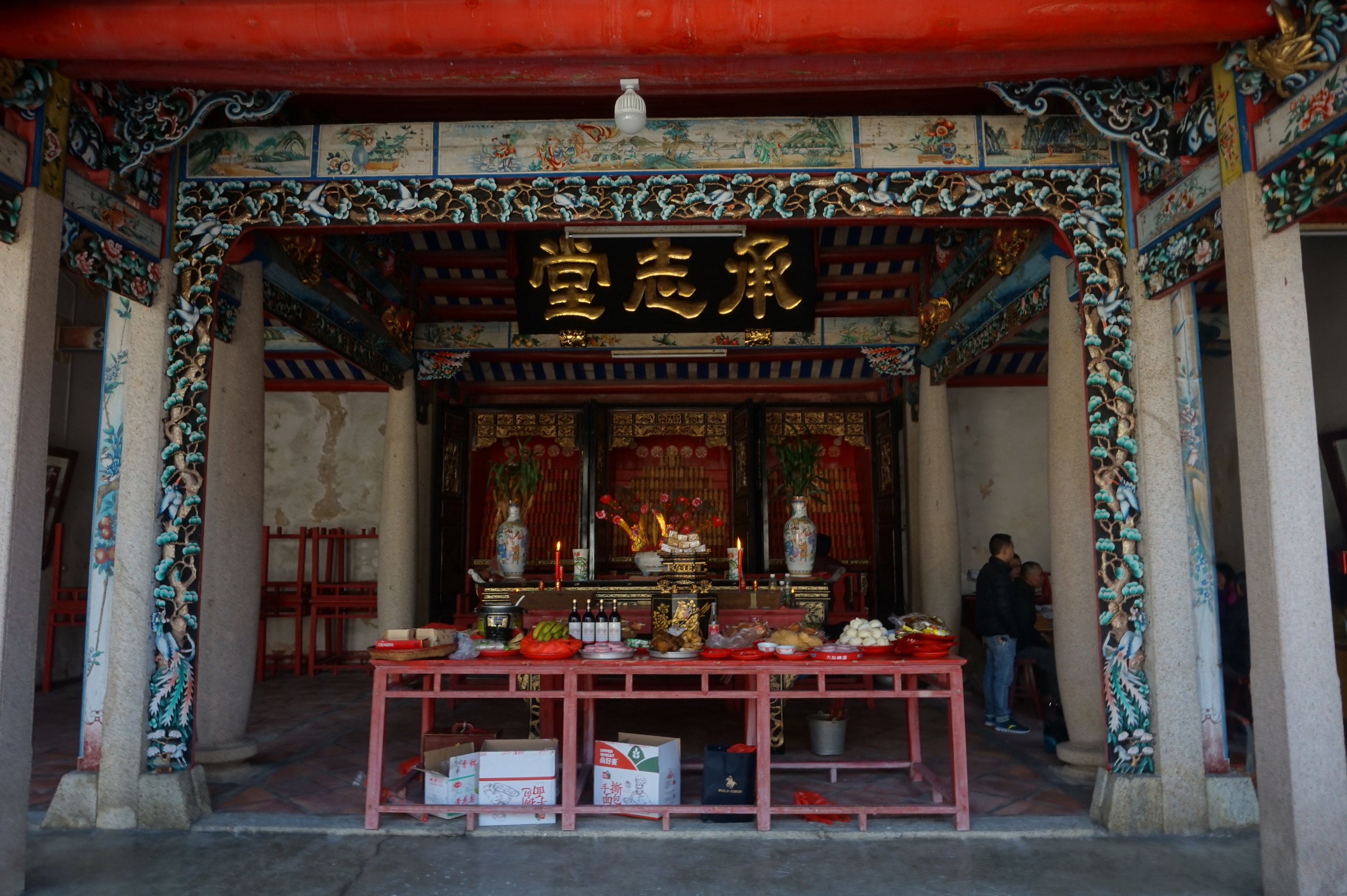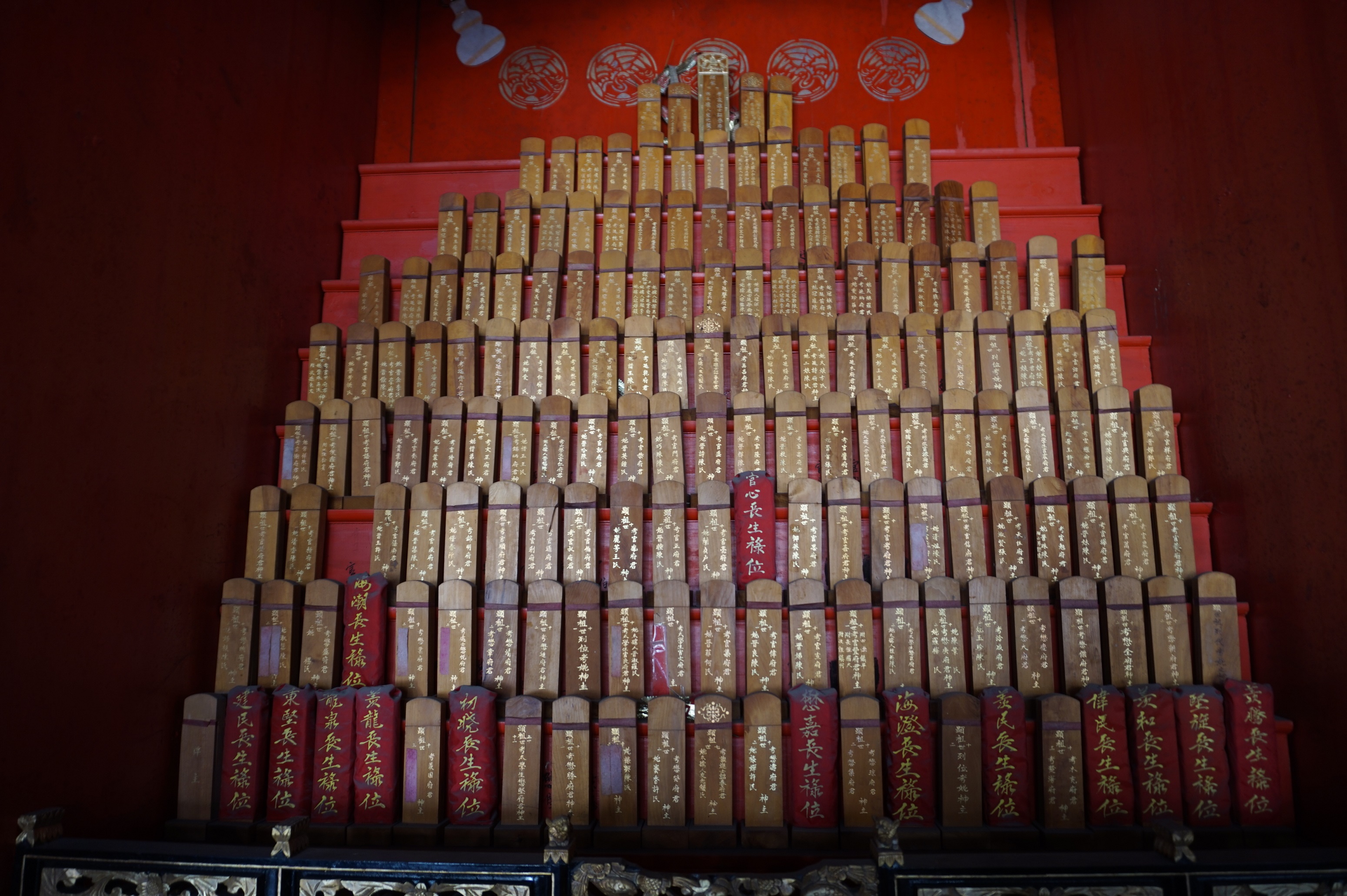Skip to:
- Give Today
- Contact Us
- Media
- Search
News & Stories
Leadership Development Program
Professional Learning Program
Undergraduate Teaching Program
Common search terms
I grew up in Australia as a classic third culture kid, the child of migrants who came from Malaysia in the 70s. As a student, I sat through 13 years of ANZAC Day lessons and so two years ago when roles reversed and it was my turn to teach about ANZAC Day, I didn’t blink an eye.
It was my first year as a teacher but I felt like a veteran on this topic – begin by asking if anyone had relatives in the war; remind the class of the importance of Australian values and the ANZAC spirit; complete an activity that contributes to the school’s wider commemoration assembly; and – *BAM* – ANZAC Day lesson done and dusted.
But when it came time to open the lesson with that familiar question, I was overcome by a curious feeling of inner conflict mingled with shame. I mulled over that lesson for some time.
I love so much about Australia. I love the laidback lifestyle, the larrikin humour and the adventurous spirit. I’ve had my heartbeat raised watching Cathy Freeman and Ian Thorpe racing for the green and gold at the Olympics and the Socceroos competing at the World Cup. Yet I was acutely aware that my family had no connection with nation defining events we were commemorating.
My grandparents did not set sail for ANZAC Cove. In fact I hadn’t the faintest clue what my forefathers were doing during that time. I felt like a fraud. Not knowing what to do, I went through the motions of that class, immensely grateful that a few students took the initiative to create a wreath for the school assembly. But I was deeply conflicted about my identity as a teacher, as an Australian.
So what did I do next?
I was adamant that I didn’t have to be a white Anglo-Saxon to teach proudly about ANZAC Day and Australian values. This sparked in me a period of self-reflection on what it means to be Australian and how, as a Chinese Australian, I could be proud of both the country I live in and the land my ancestors came from.
I never expected that teaching about Australia’s cultural heritage would spark the motivation to understand my Chinese cultural heritage. But I’ve taken the first few steps on that journey.
For the first time in my life I asked my parents what my grandparents did during the wars.
I learnt that my grandfather escaped from a communist concentration camp in China and swam across the ocean to Hong Kong, en route to Malaysia as a refugee.
I learnt that my grandparents had to flee from Japanese occupiers in World War II.
I learnt that I lost my oldest uncle to a fatal fever when he was just a child, while fleeing into the jungles of Malaysia.
Even though my family did not call Australia home during the time of the ANZACs, they still faced incredible difficulties with bravery and resilience. Learning about these experiences helped me appreciate the ANZAC spirit.
I detested language study as a kid, but after a 16 year hiatus I’ve started learning Mandarin again and I plan to take a gap year soon for more intense language study.
During the Christmas holidays, I took a trip back to my family’s ancestral village in the Guangdong province of China. I couldn’t read or understand much, but it’s a start.


So what did I learn teaching about ANZAC Day as the son of migrants?
I learnt that the identity crisis I experienced was not because I didn’t understand my Australian heritage – it was because I didn’t understand my Chinese heritage.
I learnt that promoting a harmonious multicultural society requires more than just reconciling superficial prejudices but also history defining legacy.
I learnt that Australian values are displayed by people all around the world.
I learnt that there are choices that we have to make today to decide what we want our Australian values to be for the future.
This is my story. But here’s what I hope you’ll take away from it:
For teachers – it isn’t our role to decide how ‘Australian’ a person needs to be in order for them to pass a citizenship test. Our role is to educate those who are already here about what it means to be Australian. If you teach students from migrant backgrounds, ask them what their families were doing during the World Wars and value the lessons we can learn from them even if they weren’t fighting with the ANZACs.
For all Australians – appreciate the commonalities between Australian values and the values of other cultures.
One of the moments that gave me the greatest hope for the future of our nation was a storytelling evening in Darwin.
A Japanese lady named Sachi recounted her experience at a commemoration for the Darwin bombing, laying a wreath for lives lost on both sides of the war. The largest single attack ever mounted by a foreign power on Australia, 236 lives were lost including a number of civilian casualties.
The courage that Sachi showed to promote common humanity and the courage of the Australian audience who welcomed it – through what I can only imagine must have been deep sorrow, anger and bitterness over loved ones lost – was an incredibly heartening experience for me. It gives me hope that I can proudly feel part of a culture that I love even though my ancestors were not part of its history.
I love Australia and I believe in promoting strong national values. Teaching about ANZAC Day as the son of migrants taught me that this comes through sharing our values with those around us, not by keeping them to ourselves.